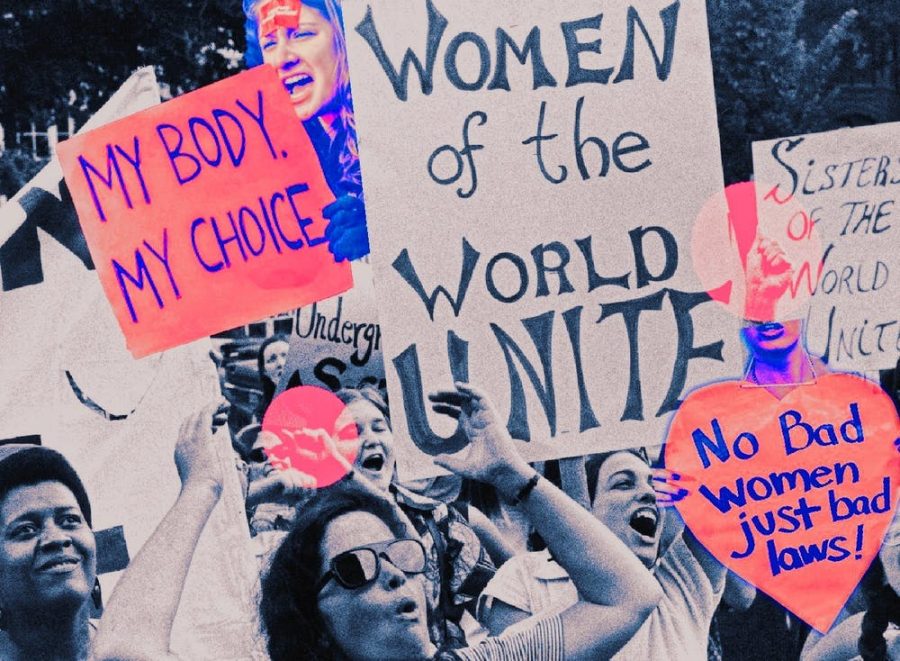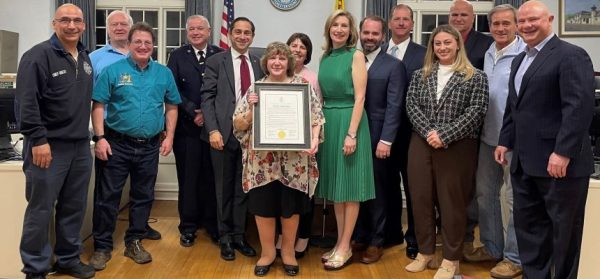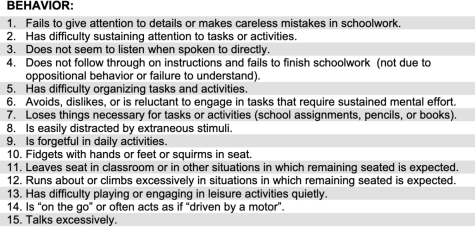Are we creating a stronger patriarchy? Dangers of exclusive feminism
I have always thought of myself as a feminist. I am brutally aware of and have experienced the countless societal limits and frequent condescension of being a female, and I have been angry for as long as I’ve known it. Lately, though, I’ve been thinking about another thing that makes me angry, something that is among certain feminists themselves, something that lessens the profound effect of feminist behavior: exclusive feminism.
I have recently found myself inquiring about what it really means to be a feminist. What do you have to believe in and what should you do about it? With this still in the back of my mind, I stumbled upon a Daily Mail article last week highlighting backlash at a social media influencer who had been found guilty of photoshopping one of her pictures, and people were mad—really mad. And at first, I was too.
The longer I thought about it, though, I started to feel bad for the woman. There was something off in the whole situation as well as its response to me. I began to wonder what would have happened if she didn’t photoshop the post. Would she receive hate either way? Was this photo-shopped picture just a product of insecurity and this woman’s suffocating responsibility of having to look presentable from birth? Would people reward her for showing her body rolls or leg hair? Sure, some would. But there would always be those voices that hated her for it, that wanted to hide her away.
My thoughts are simple. Are we doing the right thing as fellow women in putting her down? Have we ever been in a position similar to hers? I am only asking if we are really doing the right thing or simply avoiding the root cause of her actions. Others might see it differently, but to me, the explanation for her actions is much greater, much clearer and much sadder than the controversy surrounding it. This essentially all comes back to my original struggle with what it means to be a feminist. What she did was problematic, yes, especially for herself, but how do we inform others of why she did it, and what responsibilities do we have in avoiding it in the future?
Are we creating a stronger patriarchy by suppressing elements that tie into the stereotypes that men created for us?
I have also been thinking a lot about the sporadic elitist nature of some feminists (most certainly not all), and how some feminists will only respect women who do all the right things; they will only respect women if they work in a respectful field and aren’t too showy or embrace their sexuality too much. Is this attitude really feminism, or is it only empowerment of a certain group of women? It almost feels as if due to years of oppression and underestimation that some feminists are trying to avoid being seen as certain stereotypes assigned to their gender, to preserve their dignity and move forward after centuries of being called overly emotional, illogical or beauty-defining. This, I have sympathy for.
Nevertheless, isn’t it our job as feminists to support all women, despite what they wear, where they work, or how “scandalously” they present themselves on social media? Is this conditional attitude of certain feminists more damaging to women than simply embracing all, even if certain misunderstood stereotypes such as sexuality prevail? Are we creating a stronger patriarchy by suppressing elements that tie into the stereotypes that men created for us?
Emily Ratajkowski, supermodel and objectively unlikely author of My Body, a collection of feminist anecdotes, said it best: “We are more than just our bodies, but that doesn’t mean we have to be ashamed of them or our sexuality.”
Take the Kardashians, for example. No matter who I talked to about the infamous family, people have never failed to suppress their strong opinions of them. In my experience, you either love them or you hate them. Why is that? Why is there no in between? Sure, they have done and said many problematic things, without a doubt. But is it possible that people have misguided motives for hating them? I have heard too many times comments about their bodies and appearances rather than their morals or character. I have heard that they are “slutty,” “attention-seeking,” “vain;” the list goes on. While I agree they have done problematic things in regards to body image in the past, is it possible that their influence is a little more nuanced than that?
One started a denim company that was one of the first in America to proudly advertise conforming to all body types. Another created a shape-wear line that aimed to make women feel more comfortable in their skin. While some argue that the family’s curvy appearances have created unattainable beauty standards, people must also realize that, believe it or not, they were once the outcasts. No matter how unyielding they may seem, beauty standards are ultimately fluid. Twenty years ago, it was far more attractive to be extremely skinny rather than curvy, and in some ways, it still is. Given this, is it possible that Kim Kardashian, arguably considered one of the most beautiful women in the world, could have once felt insecure in her own skin due to the suffocating beauty standards inflicted upon women for centuries? Are we allowed to sympathize with her despite the things she’s done in the past? Can we celebrate her accomplishments while still acknowledging her faults?
The Kardashians are just one of many examples of women who don’t fit the bill; women who aren’t included in feminist ideologies as a result of the public way in which they display their bodies or their unorthodox occupations. I hope that someday we find a healthy balance and understanding of what it truly means to be a feminist—because despite all of my inquiries, I certainly don’t have all the answers yet.
Kate is a senior at Pelham Memorial High School. She loves to play soccer and is involved in the Pelham Girls Varsity Soccer Team as well as the Women's...



















Scott-Robert Shenkman • Apr 8, 2022 at 8:45 pm
Since I’m a guy I don’t feel comfortable weighing in a very complex subject as presented here.
However, when I reached the end of the article and realized the author is a high school junior, I was floored. The author has very, very bright future.